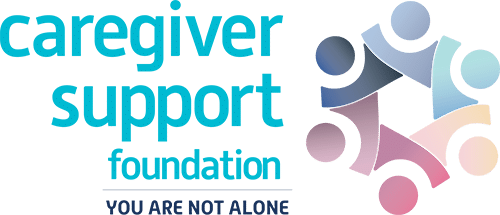“The highest two correlates of global satisfaction with a physician (treating a family living with dementia) are perceived emotional support and provision of links to social support.”2
1. At the beginning, acknowledge the family caregiver. Mention how important the family caregiving job is. Show your appreciation and indicate openness.
2. Later when convenient, ask for the caregiver’s thoughts. Your caregiver will feel included. Also, you can observe how the caregiver and their loved one interact. Does your patient’s response indicate agreement or disagreement?
3. Toward the end of the visit ask the caregiver how they are doing. Listen for stress and burden.
4. If the caregiver appears uncomfortable talking in front of your patient, or you have more to say to the caregiver, suggest a separate appointment.
5. Give sources of help for the caregiver.
a. The Area Agency on Aging helps seniors. For Region 10, Colorado, call 970.249.2436.
b. For veterans the Veterans Administration has many programs. Persistence is required.
c. Licensed Clinical Social Workers listen well.
d. Peer support groups provide emotional support and reduce social isolation. Together, our Caregiver Support Foundation and the Alzheimer’s Association have in-person groups and online groups that cover the nation.
e. Home care agencies provide in-home help and respite for caregivers.
f. Churches provide support and counseling.
g. Our Caregiver Support Foundation has 16 brief videos to guide caregivers. They are on our website: Family-Caregiver.org.
6. Use easy to understand words when talking about dementia.
a. Try this, “Dementia means the brain is not working right and it’s more than just aging.”
b. Perhaps, don’t use the word dementia at all. Even after you explain it, most people don’t understand. You might hear, “Is that the same as Alzheimer’s?”
c. Consider using brain failure.3 It’s analogous to kidney failure or liver failure: the organ is not functioning properly and no specific disease is indicated.
d. For stages of the disease, use early, middle and late, not mild, moderate and severe. Caregivers often feel there is nothing mild about the early stage.
e. Recommend early financial and legal planning. Your patient can be included best in the early stage. With declining competence, making choices is problematic.
7. Encourage caregiving help by family and friends. Discard the ones who won’t help and cling to the ones who will. Caregivers are often upset when family won’t or can’t help.
8. Give the family caregiver a copy of the Tips for Family Caregivers Working with Doctors.



